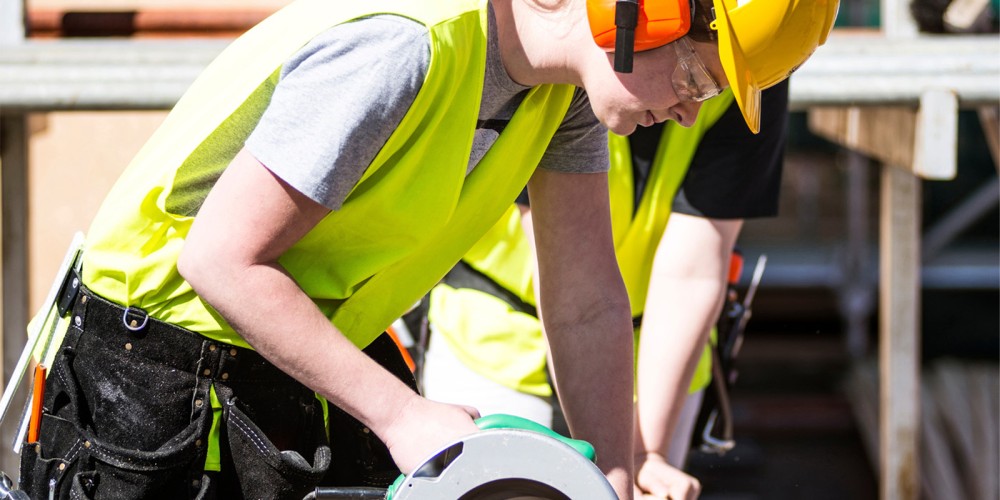A Theory of Change for a bystander culture in the NZ construction & infrastructure sector
To facilitate a co-designed Theory of Change (TOC) to underpin the development of a programme of work that will be focused on bystander intervention in the construction and infrastructure sectors

The issue
Fostering workplaces that are inclusive and free from harm is a global priority, and is also linked to increased recruitment and retention of diverse employees, increased productivity and organisational performance. Inclusion in the workplace involves the ‘removal of obstacles and creating an environment in which every individual is treated respectfully and fairly’ (Panika et al, 2018). One of the approaches to developing an inclusive culture is a focus on Bystander initiatives. Bystander intervention is an approach that empowers those witnessing undesirable behaviour, actions or processes, to intervene on behalf of those being targeted, recognising that creating an inclusive culture is the responsibility of every individual.
Intended outcomes
- The long term goals of the project are that workers of all genders feel safe in their workplace, and sexual harassment is not tolerated in workplaces, people are willing to call out sexual harassment/gendered harm when it happens, and they have the skills to take action as effective bystanders.
- This project will produce a Theory of Change to achieving this outcome which will then inform future work on ConCOVE and others in the construction and infrastructure sector and Vocational Education.
The steps
- Step 1: Background and preparation June – August
- Step 2: Co-creation phase: Stakeholder Perspective Workshops (Sept)
- Step 3: Articulating the Theory of Change October 2023 – Feb 2024
Contract Research Organisation:
Associate Professor Fiona Hurd (AUT), Dr. Suzette Dyer (University of Waikato)
Associate Professor Hurd has over 10 years experience researching gender and organisations, including women’s careers, leadership and hostile work environments. She specialises in complex and participatory qualitative research methods, including community-based participatory research co-designed with participants. She has co-led funded research projects in the areas of wellbeing, workplace violence, sexual harassment and career outcomes in male dominated industries. She has significant experience facilitating groups within and beyond the classroom, including in executive and industry settings.
Dr. Dyer has over 20 years experience researching in the area of gender and employment. The main focus of her work examines women’s paid and unpaid employment experiences, including examining women’s career and leadership experiences, the complexity of negotiating unpaid work within dual-earner families, young women’s perceptions of gendered employment processes and outcomes and of feminism, and sexual harassment. Her teaching focuses on Gender and Employment, including significant experience teaching about the impacts and responses to Sexual Harassment. She has led funded projects exploring career outcomes for women, including in male dominated industries.
Collaborator: Waihanga Ara Rau, Hanga Aro Rau
Project Status: Complete
Contract Research Organisation: Associate Professor Fiona Hurd (AUT), Dr. Suzette Dyer (University of Waikato)
Related projects

Active Bystanders – Kaupapa Māori research project
Developing a Kaupapa Māori Theory of Change to inform effective bystander interventions for wahine Māori
Women’s experiences working in Construction and Infrastructure
Women’s experiences working in Construction and Infrastructure